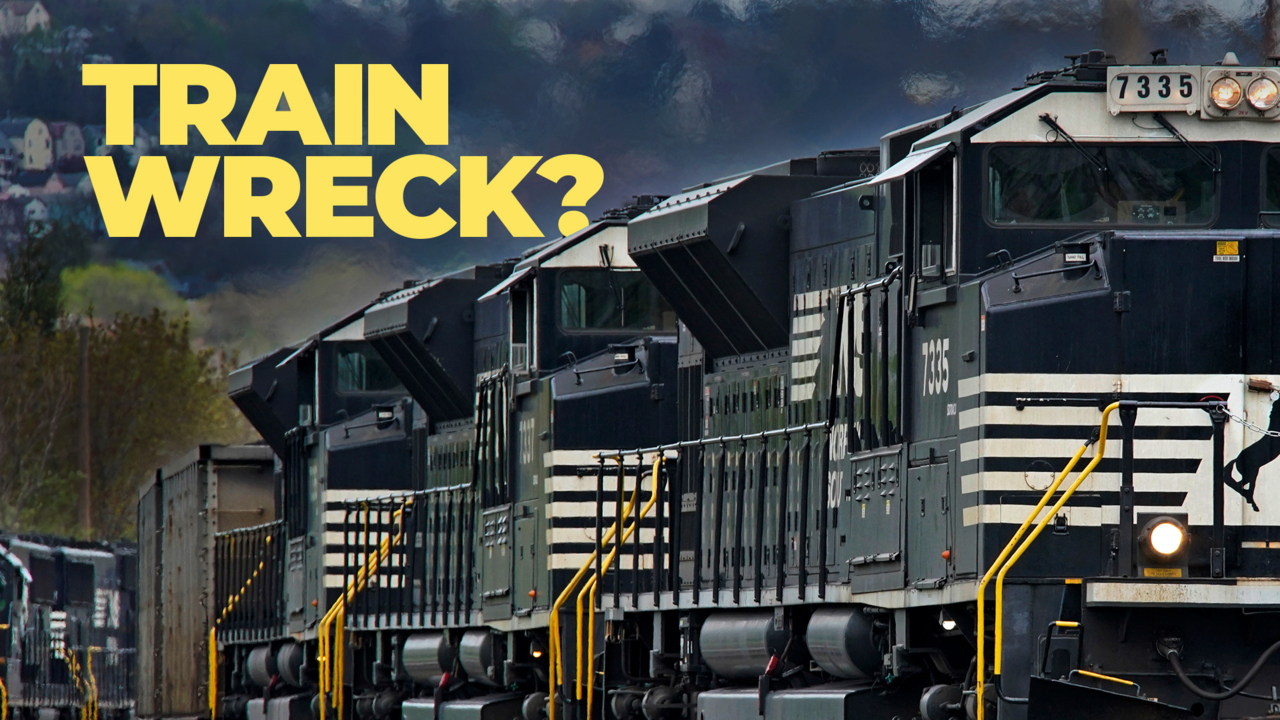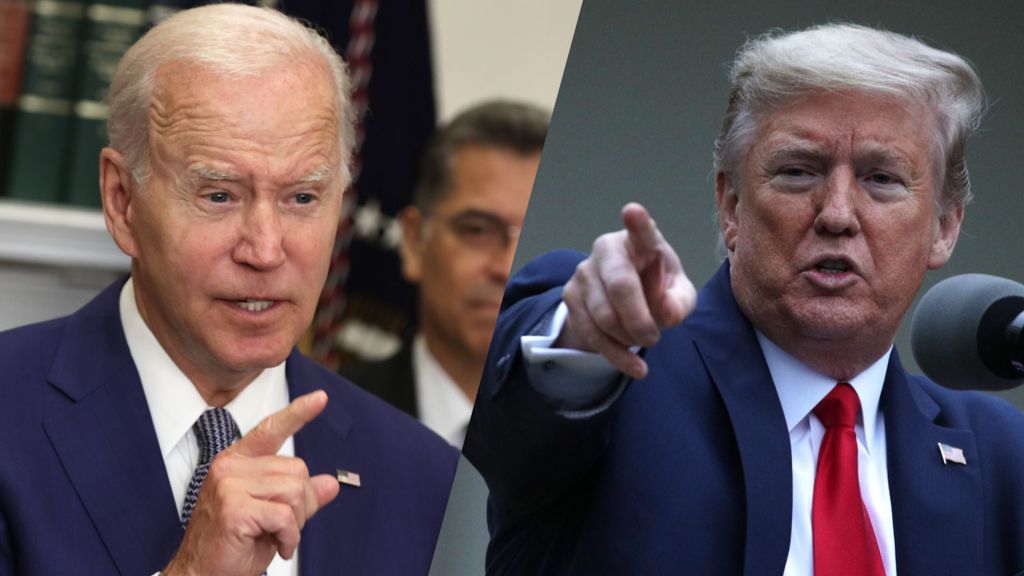
SIMONE DEL ROSARIO: THE U-S IS BARRELING TOWARD A RAILROAD STRIKE THIS WEEK THAT COULD COST THE ECONOMY TWO BILLION DOLLARS A DAY, AND SEND FOOD PRICES SOARING EVEN HIGHER.
LABOR UNIONS AND FREIGHT RAILROADS WORKED THROUGH THE WEEKEND TO TRY TO REACH A CONTRACT…THEY HAVE UNTIL FRIDAY TO GET IT INTO THE STATION BEFORE A STRIKE.
BUT RAILROADS ARE ALREADY DELAYING SOME HAZARDOUS AND SENSITIVE SHIPMENTS THIS WEEK IN THE EVENT A DEAL IS NOT REACHED…THAT INCLUDES LOADS OF CHEMICALS USED IN FERTILIZER.
LABOR UNIONS BLASTED THE MOVE AS AN “UNNECESSARY ATTACK,” SAYING RAIL IS “HARMING THE SUPPLY CHAIN IN AN EFFORT TO PROVOKE CONGRESSIONAL ACTION.”
TWO LARGE LABOR UNIONS SAY THEY’RE HOLDING OUT ON A DEAL UNTIL POLICIES ON ATTENDANCE, VACATION AND SICK DAYS ARE ADDRESSED. SAYING WORKERS ARE BEING FIRED FOR GETTING SICK OR GOING TO THE DOCTOR.
A COALITION OF 31 AGRICULTURE GROUPS HAVE PRESSED CONGRESS TO INTERVENE IN THE EVENT OF A WORK STOPPAGE THEY SAY WOULD LEAD TO “DEVASTATING CONSEQUENCES TO OUR NATIONAL AND GLOBAL FOOD SECURITY” AND “DRASTICALLY MAKE INFLATION WORSE.”
CONGRESS CAN STEP IN AND EXTEND THE NEGOTIATING DEADLINE OR FORCE A CONTRACT TO PREVENT A STOPPAGE.
THEY LAST INTERVENED IN 1992, WITH THEN-PRESIDENT GEORGE HW BUSH SIGNING THE RETURN TO WORK BILL TWO DAYS INTO THE STRIKE.
LAST MONTH PRESIDENT BIDEN APPOINTED A PRESIDENTIAL EMERGENCY BOARD TO HELP NEGOTIATE A COMPROMISE. BUT THE CLOSER BOTH SIDES GET TO THIS FRIDAY’S DEADLINE, THE MORE THE PRESIDENT GETS SQUEEZED BETWEEN A POTENTIAL SUPPLY CHAIN CATASTROPHE AND HIS PROMISE TO BE THE MOST PRO-UNION PRESIDENT IN AMERICAN HISTORY.






